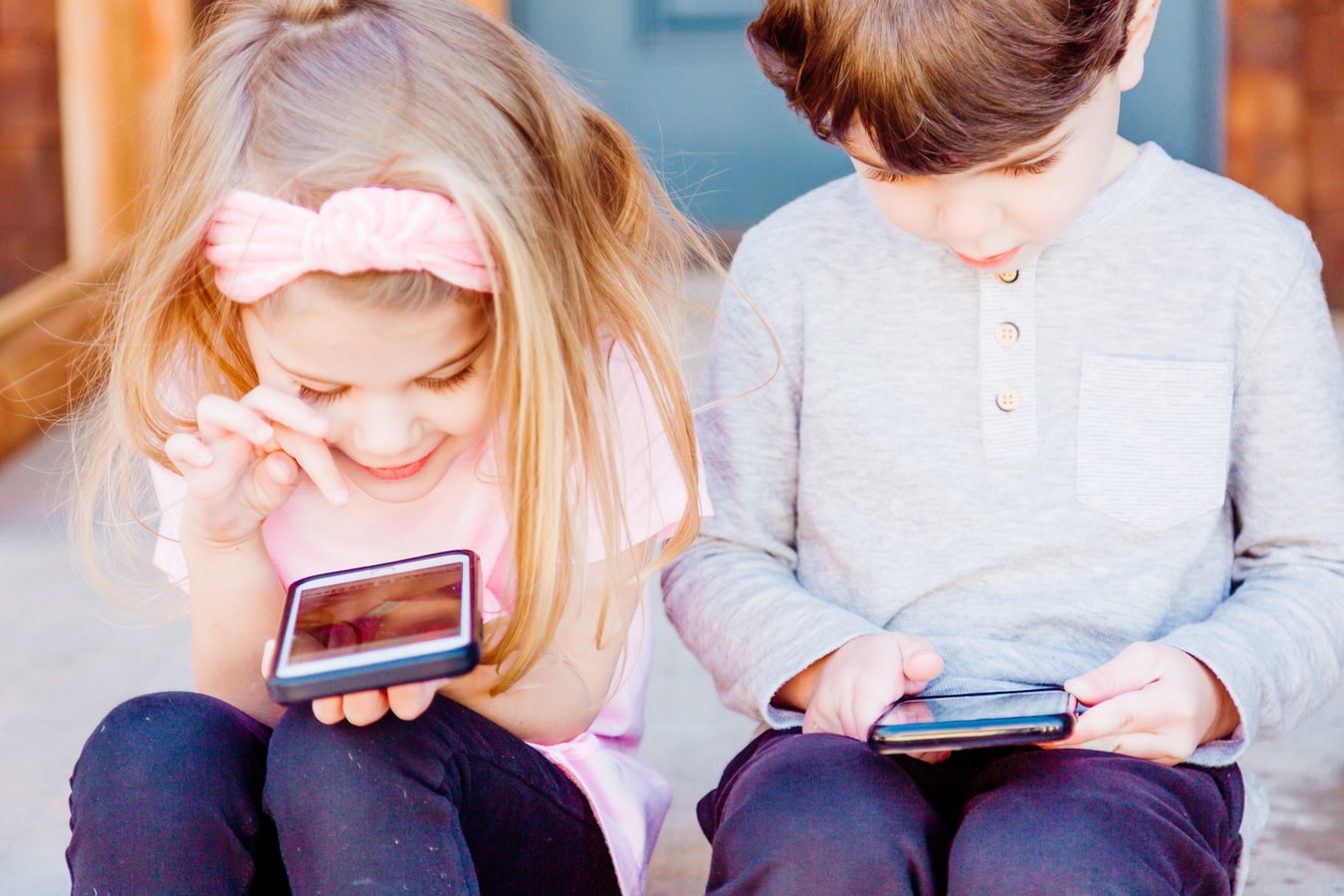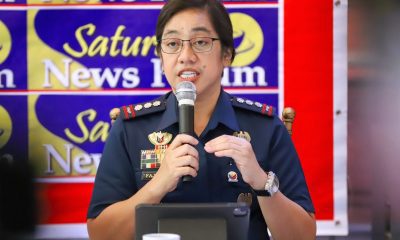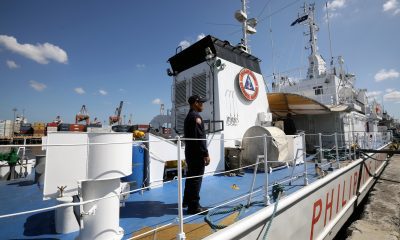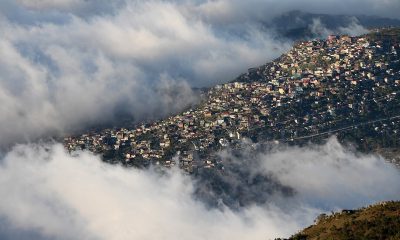Teaching children digital literacy skills helps them navigate and respond to misinformation

Most public schools now teach students how to code, but we are not teaching students how to identify their own key triggers for misinformation or the organizational incentives for misinformation spread. As a result of these missing information literacy skills, our children may grow into adults who are not prepared to participate democratically in what is certain to be an even more complex information environment. (File Photo:
McKaela Lee/Unsplash)
As we all head back to school during a global pandemic, it’s a good time to ask whether students are learning the skills they need to keep themselves and their communities safe.
Over the last decade, scholars, policy makers and citizens have been concerned about whether young people had the key skills they needed to survive and thrive in the digital economy.
Canada, the United Nations and the World Economic Forum, among others, have developed position papers and programs aimed at promoting digital skills. Coding, in particular, has been promoted as an essential component of public education.
Most public schools now teach students how to code, but we are not teaching students how to identify their own key triggers for misinformation or the organizational incentives for misinformation spread. As a result of these missing information literacy skills, our children may grow into adults who are not prepared to participate democratically in what is certain to be an even more complex information environment.
Read more:
Why all children must learn code
While I agree that coding is indeed an important skill, I am concerned that it is not enough.
More than coding
Computer coding helps students to develop skills they need for employment in the digital economy. But we also need to help students develop skills that help them participate in digital democracy. And recent events have highlighted key vulnerabilities with respect to this kind of participation.
COVID-19 has revealed important gaps in our digital information landscape. Misinformation, disinformation, propaganda and conspiracy theories make it difficult for people to access accurate and sometimes life-saving health information.
Of course, the issue of online misinformation does not just impact our physical health, but the health of our key institutions as well. As the United States enters a key election, the presence of both accidental and deliberately seeded misinformation threatens the foundation of democracy itself. So how can we address this important issue?
My research on COVID-19 health information seeking, climate change communication and social media platform choice examines the kinds of information people share, and how they share it.
Read more:
How to address coronavirus misinformation spreading through messaging apps and email
Emotional responses, social connections, the popularity of a news item, past experiences and the nature of the content being presented are among the factors that impact how people engage with information and whether they share misinformation.
Assessment skills
However, many traditional approaches to education, with teachers at the head of the class and textbooks as an authoritative source, do not help students to naturally develop methods of critically assessing information.
It is also important to teach children that platforms such as Google, YouTube, Twitter or Facebook are not neutral. Rather, they are designed to maximize engagement, which short-circuits our brain’s natural defences and leads us to share misinformation with others.
Read more:
Misinformation and biases infect social media, both intentionally and accidentally
Students need to develop both critical thinking and reflexivity — critical thinking to be able to assess content and sources, and reflexivity to understand the role their own unconscious biases, social connections and emotions play when processing information.
As children settle into a new school year, this is an important time to think about information literacy and how we can best prepare children for a digital world.![]()
![]()
Jaigris Hodson, Associate Professor of Interdisciplinary Studies, Royal Roads University
This article is republished from The Conversation under a Creative Commons license. Read the original article.





















